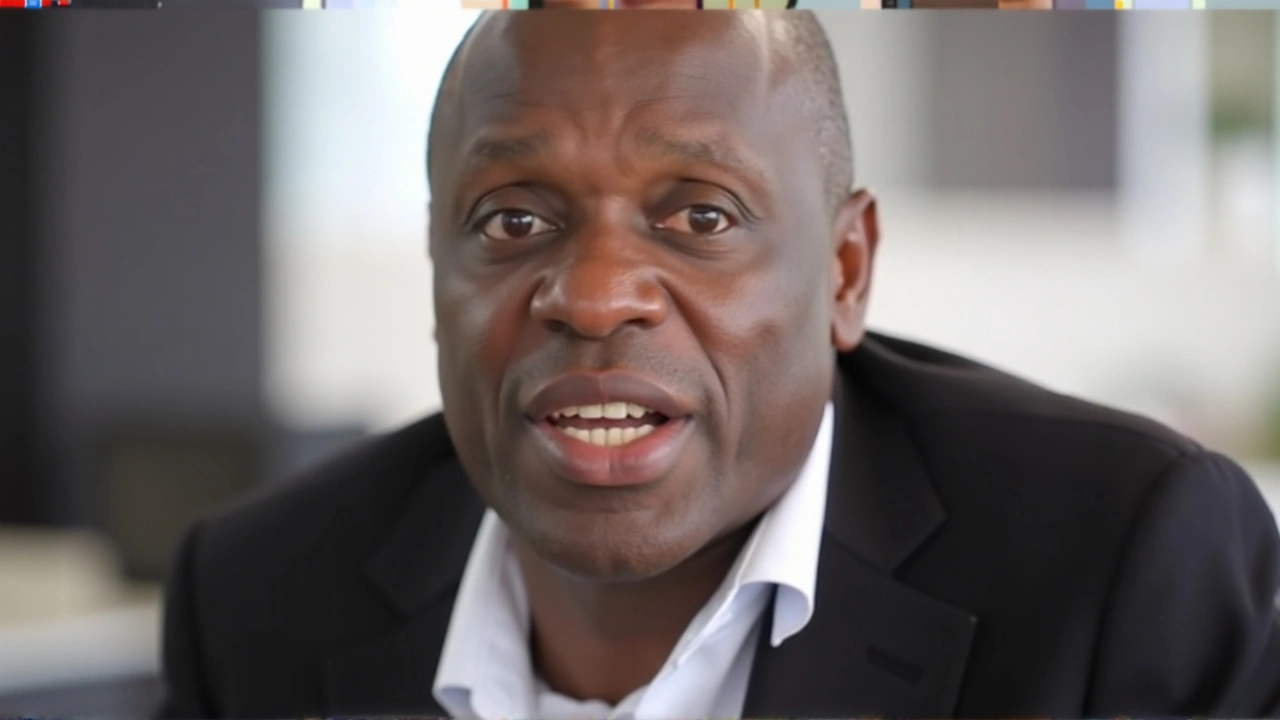Understanding the Current Economic Situation
Wondering how the economic situation is shaping up in Cape Town and across the region? It’s more important than ever to keep an eye on key developments that affect your daily life, from job markets to government budgets. Whether you're a business owner, a worker, or just curious about financial trends, knowing what's happening can help you make smarter choices.
The economy isn’t just about numbers on a report—it touches everything from how much you pay for basic services to the opportunities available around you. For instance, recent budget moves in Kenya show a big shift in funding priorities, with healthcare seeing a boost while education and sports face cuts. This kind of reallocation can impact social services and community programs that many rely on.
Why Keeping an Eye on Economic News Matters
Economic news might seem distant or technical, but it often hits close to home. Take Kenya’s budget changes or Nigeria’s ongoing cash shortages; these situations affect everyday life in multiple ways like access to healthcare, inflation, and availability of cash for transactions. Being informed helps you adapt, whether it’s planning your finances or understanding local policy changes.
Plus, economic shifts often ripple through markets and jobs. Big stories, such as international trade moves, government spending, or policy changes, trickle down to affect businesses and consumers alike. For example, when Nigeria faces cash shortages and telecom costs rise, that impacts how people communicate and pay for services, changing business dynamics and household budgets.
How to Stay Informed and Use Economic Insights
Staying updated doesn’t mean you have to be an expert. Following daily news from trusted local sources, like Cape Town Daily Buzz, gives you quick, clear insights into what’s changing. You’ll learn about new policies, economic challenges, or opportunities without the jargon. When you get the facts, you can better manage finances, prepare for market changes, or understand political decisions.
It's also helpful to watch how different sectors react to economic shifts—like sports, entertainment, or healthcare—because these reflect broader trends affecting communities. For instance, budget cuts in education or shifts in local business climates can impact job prospects and quality of life.
Lastly, don’t underestimate the power of discussion. Sharing what you’ve learned about the economic situation with your network helps spread awareness and can lead to community support or action where it’s needed most.
APC Condemns Rotimi Amaechi for Provocative Protest Comments Amid Economic Challenges
Nigeria's ruling party, APC, has rebuked former Transport Minister Rotimi Amaechi for urging public protests over the country's economic woes. Secretary Felix Morka labeled Amaechi's call as reckless, citing his past governance role in Nigeria's problems. The APC accuses opposition leaders like Atiku Abubakar and Peter Obi of exploiting Nigeria's struggles for political gain, urging citizens to support President Tinubu's economic reforms.

